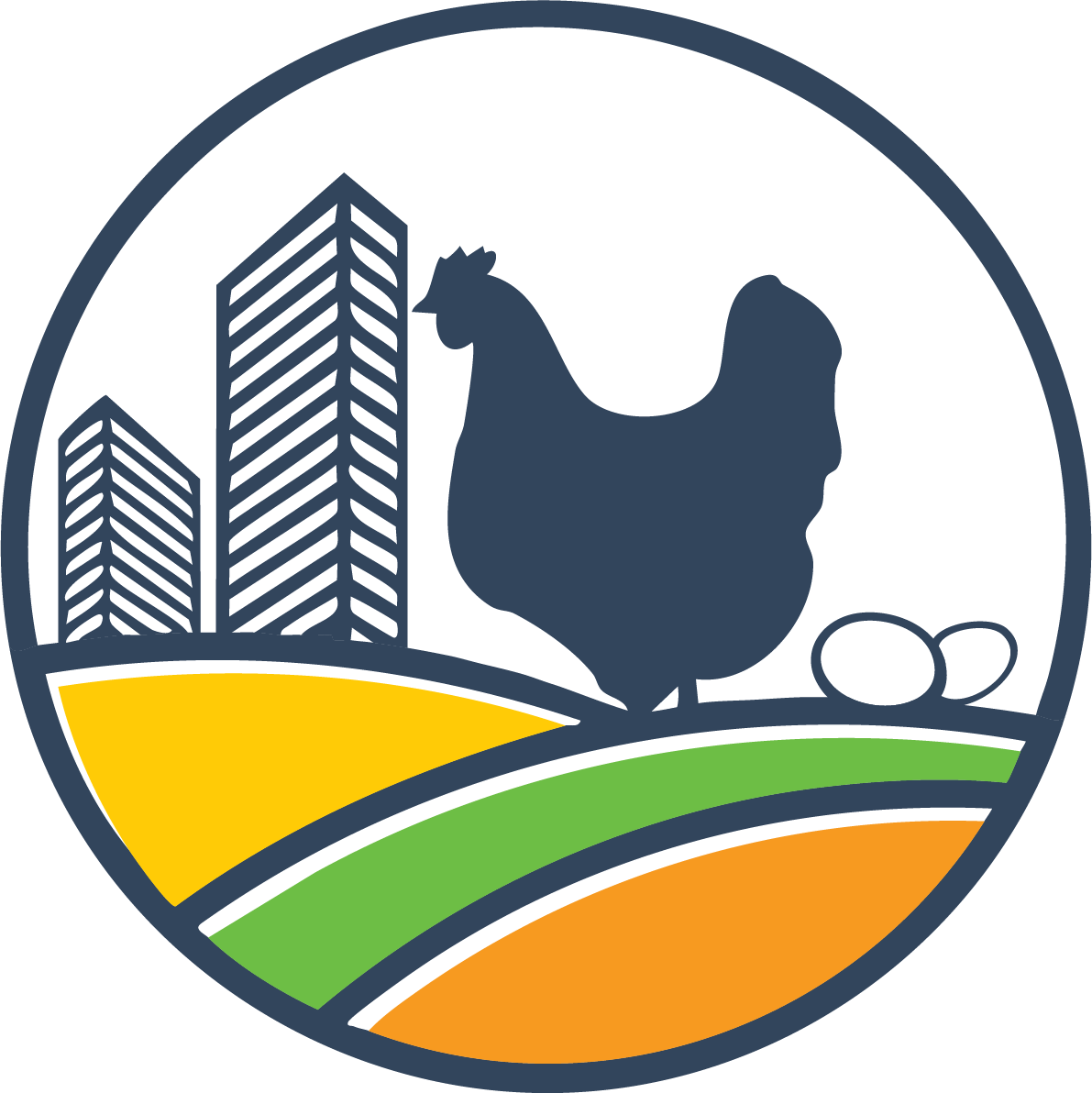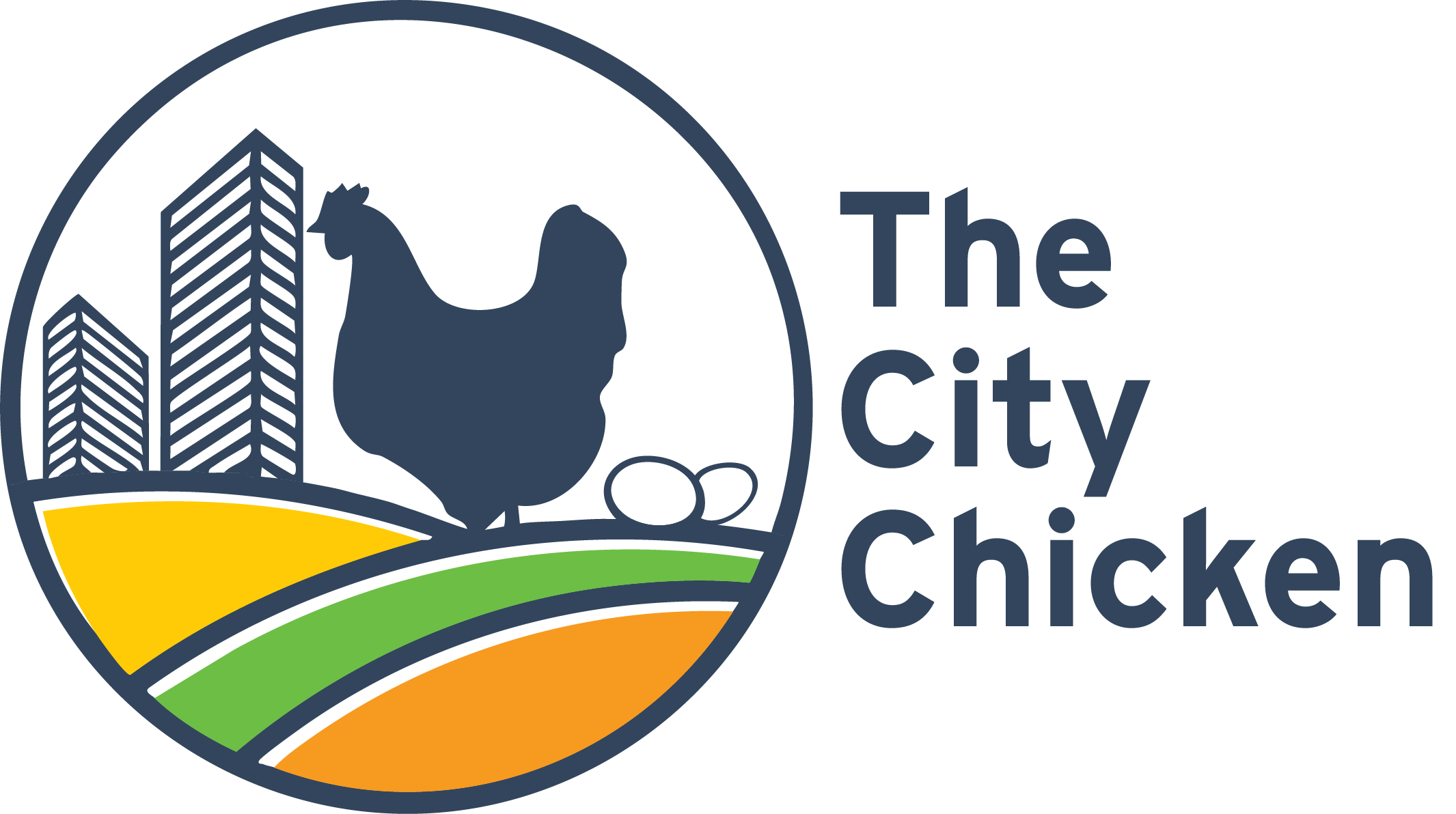Can Chickens Eat Pomegranate? A Nutritional Guide for Poultry Owners
Chickens are known for their diverse diet, which includes grains, vegetables, fruits, and even the occasional insect. But when it comes to more exotic fruits like pomegranates, poultry owners might wonder, “Can chickens eat pomegranate?” The short answer is yes, and in this comprehensive guide, we’ll explore the nutritional benefits of pomegranates for chickens, how to safely introduce them to your flock’s diet, and some essential considerations.

Nutritional Value of Pomegranates for Chickens
Pomegranates are more than just a delicious fruit; they are a nutritional powerhouse for both humans and our feathered friends. Here’s a breakdown of the key nutrients in pomegranates that make them a healthy treat for chickens:
1. Vitamins: Pomegranates are rich in essential vitamins, including vitamin C, vitamin K, and various B vitamins. Vitamin C helps boost the chickens’ immune system, while vitamin K contributes to bone health.
2. Minerals: Pomegranates contain minerals like calcium, iron, potassium, and magnesium. These minerals support various bodily functions in chickens, from muscle contractions to eggshell formation.
3. Antioxidants: Pomegranates are packed with antioxidants, particularly polyphenols, which help fight free radicals and reduce cell damage. This can aid in overall health and longevity for your flock.
4. Fiber: The high fiber content in pomegranates promotes a healthy digestive system for chickens, aiding in the smooth movement of food through their digestive tract.
Can Chickens Eat Pomegranate Seeds and Rind?
As a poultry owner, you have the flexibility to serve pomegranates to your chickens in various forms:
1. Pomegranate Seeds: Chickens can enjoy pomegranate seeds as a tasty snack. The seeds are small and easy for chickens to peck at, providing them with essential nutrients.
2. Pomegranate Fruit: You can offer the entire pomegranate fruit, including the seeds and the rind. Some chickens may enjoy pecking at the rind, which is also safe for them to consume.
3. Pomegranate Juice: In hot weather, you can provide pomegranate juice to keep your chickens hydrated. It’s a refreshing option that adds a burst of flavor to their diet.
Health Benefits of Pomegranates for Chickens
Incorporating pomegranates into your chickens’ diet offers several health benefits:
1. Improved Digestive Health: The dietary fiber in pomegranates aids in smoother food movement through the digestive tract, promoting intestinal health.
2. Immune System Support: Pomegranates are rich in vitamin C, which can help chickens ward off illnesses. Feeding pomegranates during cold or rainy seasons can be especially beneficial.
3. Antioxidant Protection: Regular consumption of pomegranates provides chickens with antioxidants that combat free radicals and reduce cell damage, contributing to overall health.
4. Enhanced Recovery: When chickens fall ill, pomegranates can help them recover more quickly, thanks to their immune-boosting properties.
How to Safely Introduce Pomegranates to Your Flock
Feeding pomegranates to chickens can be a delightful experience, but it’s crucial to do so in a controlled and safe manner:
1. Moderation: As with any treat, moderation is key. Pomegranates should not replace the essential proteins and carbohydrates your chickens require for balanced nutrition.
2. Mixing with Other Foods: To provide a balanced diet, mix pomegranates with other fruits, vegetables, or grains. This variety ensures your chickens receive a wide range of nutrients.
3. Whole or Sliced: You can serve pomegranates as a whole fruit or slice it into manageable pieces for your chickens to enjoy. Experiment to see what your flock prefers.
4. Occasional Treat: Pomegranates should be considered an occasional treat rather than a daily food source.
Foods to Avoid
While pomegranates are safe and nutritious, there are several foods you should avoid feeding your chickens:
- Raw beans, which contain toxins harmful to chickens.
- Coffee and tea, as caffeine can be detrimental to poultry.
- Chocolate, which also contains caffeine and can lead to health issues.
- High-sugar foods, which can cause gastrointestinal problems.
- Salty foods, as excessive salt can lead to bloating and other health concerns.
- (Green) potatoes, due to the presence of the toxin solanine.
- Moldy foods, which can result in serious health issues.
- Excessively fatty foods, which may contribute to obesity.
Conclusion
In conclusion, pomegranates are a safe and nutritious addition to your chickens’ diet. As a poultry owner, you can introduce pomegranates in various forms, such as seeds, the whole fruit, or juice, to provide your flock with essential vitamins, minerals, and antioxidants. When fed in moderation and combined with other foods, pomegranates can contribute to the overall health and well-being of your chickens. So, don’t hesitate to share this delightful superfood with your feathered companions for a happy and healthy flock.








